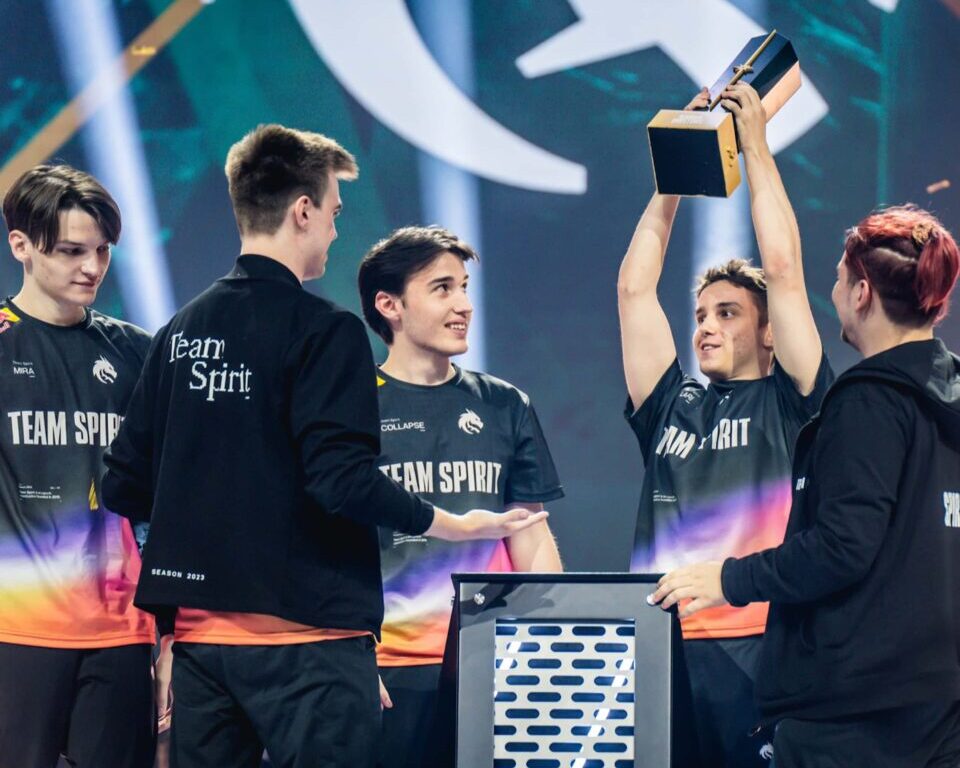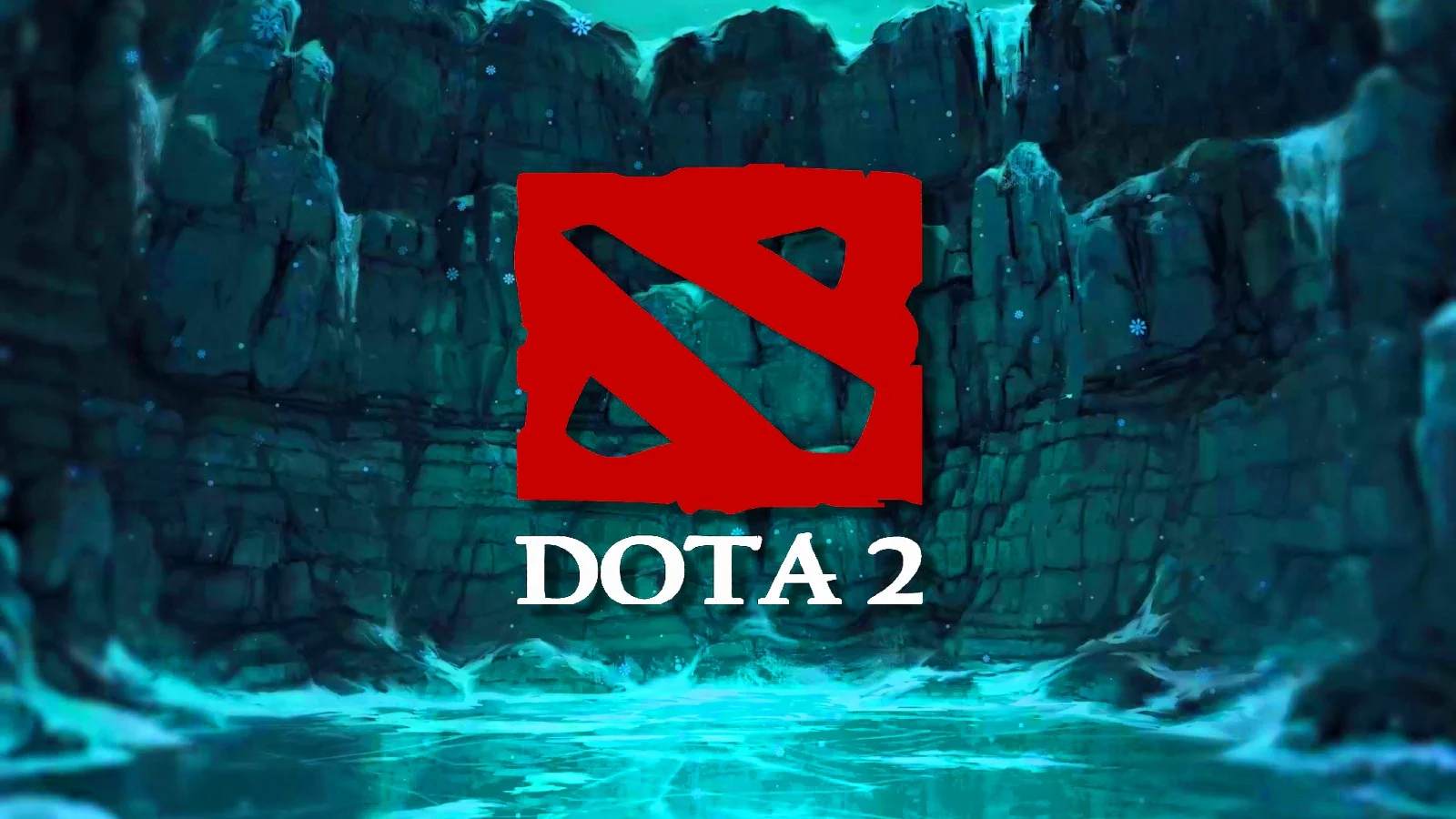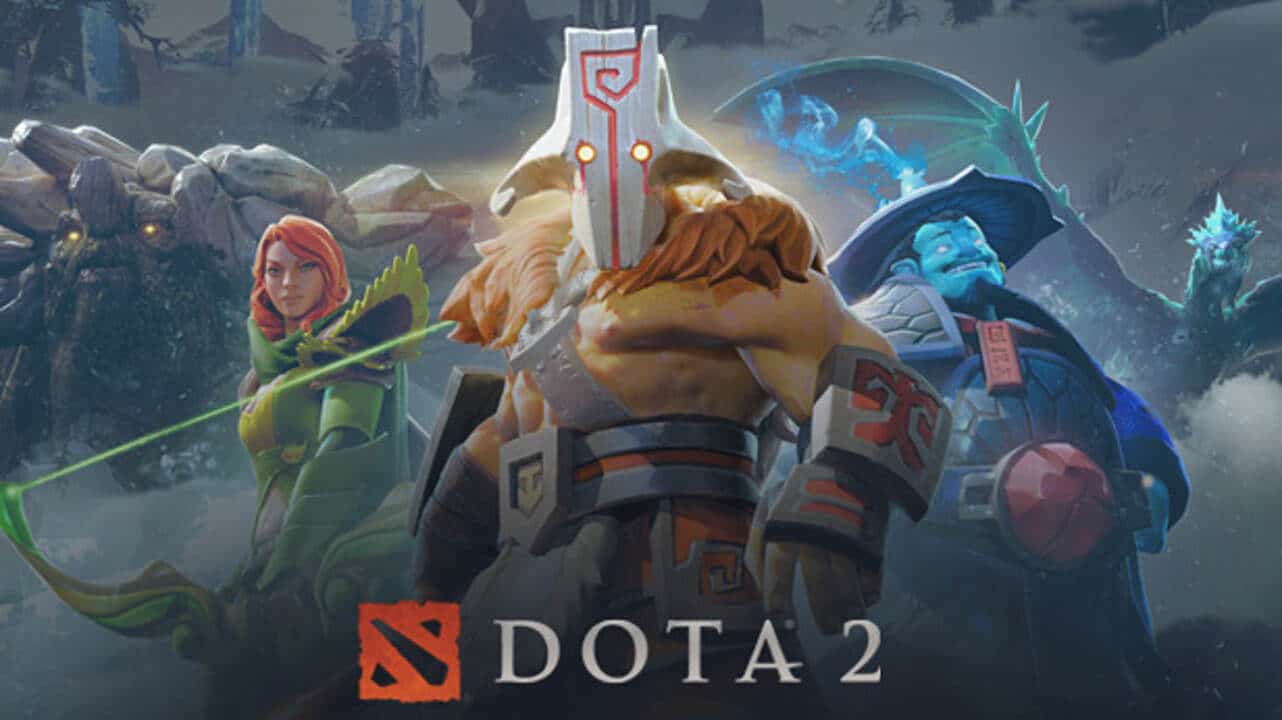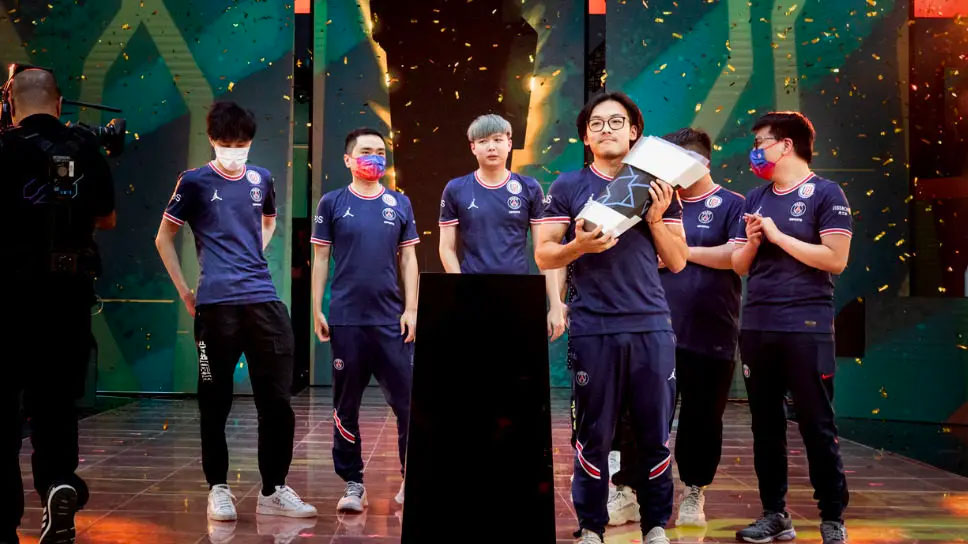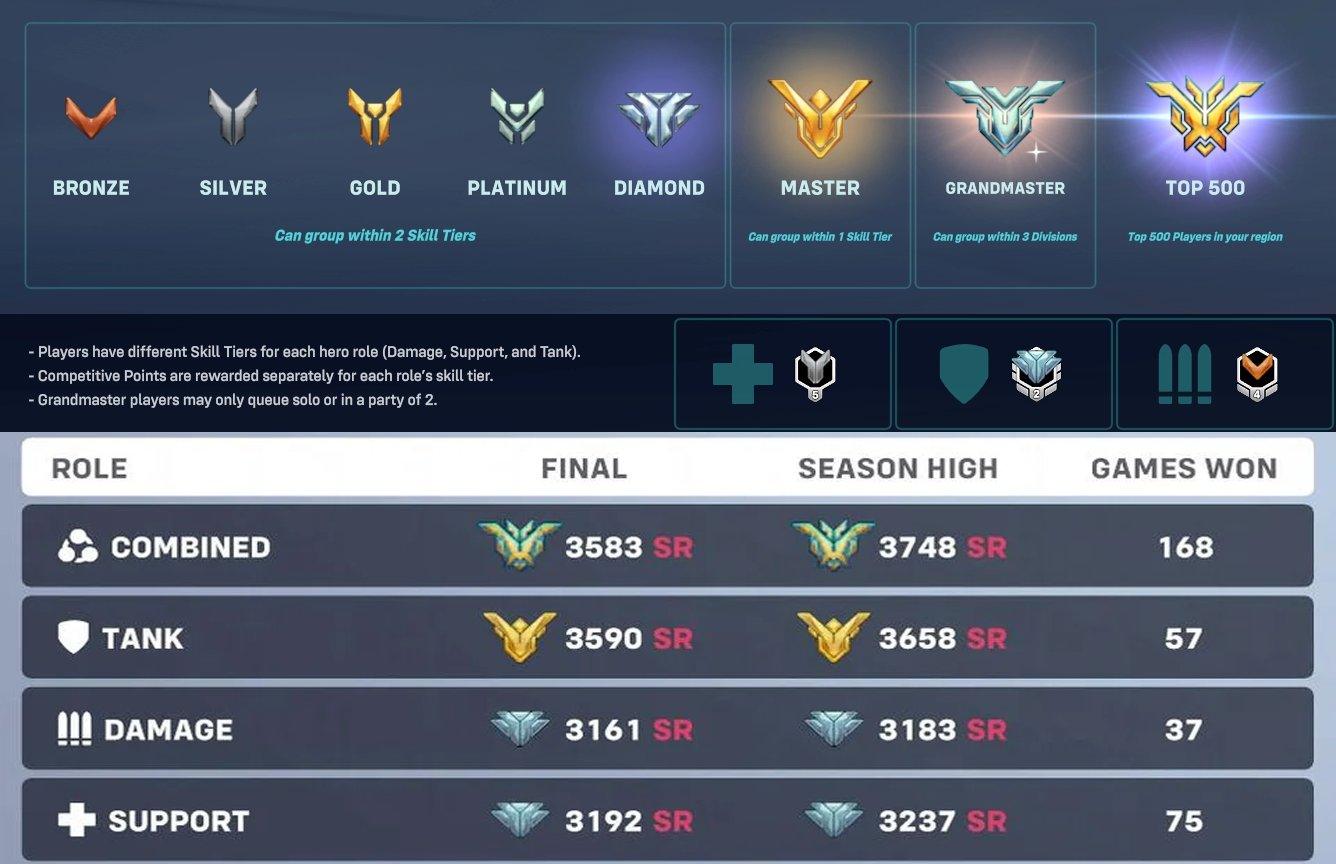3 Reasons How 28% GST Might Impact Riyadh Masters Champions 2023
The Goods and Services Tax (GST) Council’s decision to impose a uniform 28% tax on online gaming, including real money games and casinos, has sent ripples of concern through the Indian gaming community.
As the esteemed Riyadh Masters tournament approaches in 2023, champions and players are wondering how this taxation measure might impact their gaming experience, rewards, and the overall gaming landscape. In this article, we will explore three key ways in which the 28% GST could potentially affect the champions of Riyadh Masters 2023.
Financial Strain on Gaming Companies:
One of the immediate effects of the increased GST rate will be the financial burden on online gaming companies, particularly those offering real money gaming (RMG) platforms. These companies operate on a model where users deposit money with the expectation of winning, and the higher GST rate could significantly impact their bottom line.
To cope with the increased tax liability, gaming companies may have to reconsider their pricing structures and revenue-sharing models, which could, in turn, affect the prize pool and rewards for champions of prestigious tournaments like Riyadh Masters. Reduced financial resources may also limit the ability of gaming companies to invest in the development and promotion of the gaming ecosystem.
Potential Impact on User Engagement:
The increased GST rate on online gaming might have repercussions on user engagement and participation. With higher costs imposed on gaming companies, players may experience changes in the payout ratios and overall gaming experience. This could potentially discourage some players from participating in real money games, leading to a decrease in player engagement and activity.
A decline in user engagement could have a cascading effect on the gaming community, leading to lower revenue generation for companies and, consequently, affecting the sponsorship and prize money available for tournaments like Riyadh Masters. Reduced interest from players could also impact the motivation levels of champions, as they might feel discouraged by the diminishing rewards and recognition.
Clarity and Confusion in the Gaming Industry:
The ambiguity surrounding the government’s definition of online games and the classification of gaming activities has created confusion within the gaming industry. While the GST Council has mentioned that the tax would apply specifically to games with wagering, the exact demarcation between games of skill and chance remains unclear.
This lack of clarity may lead to disputes and debates within the gaming community, raising questions about which games are subject to the 28% GST and which are not. The uncertainty could pose challenges for gaming companies, players, and champions alike, as they seek to understand and comply with the tax regulations. It might also necessitate further clarity from the government and regulatory authorities to ensure a level playing field for all stakeholders involved in the gaming industry.
The 28% GST rate on online gaming, casinos, and horse racing, while aimed at curbing potential social evils and ensuring compliance with taxation norms, poses challenges for the champions of Riyadh Masters 2023 and the broader gaming community.
The financial strain on gaming companies, the potential impact on user engagement, and the confusion surrounding tax applicability could collectively influence the gaming landscape in India. As the GST laws are amended and implemented, the champions and players of Riyadh Masters will closely monitor the situation, hoping for a sustainable and conducive environment for the growth of the gaming industry in the country.
Also Read: DOTA 2: 3 Reasons How Quest Esports Eliminated From The Riyadh Masters 2023
